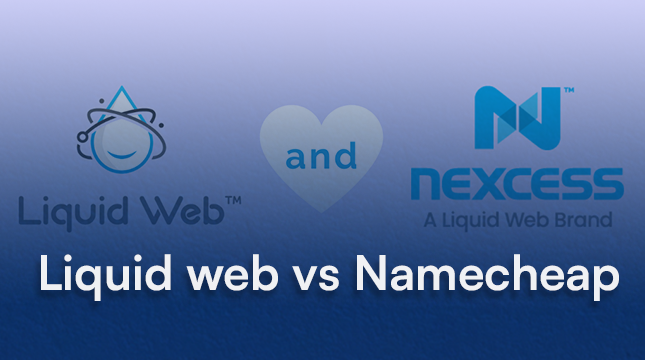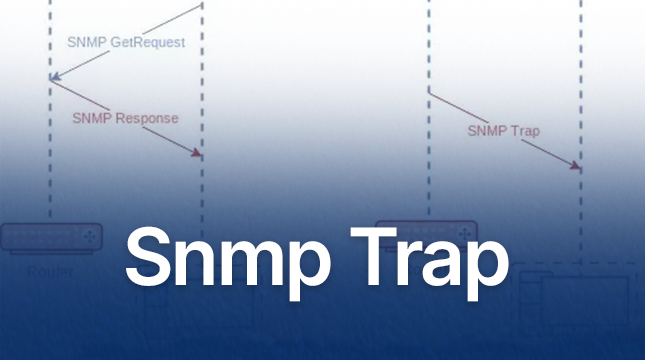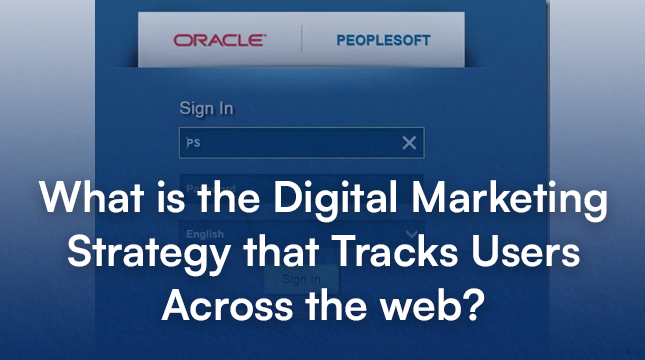This website uses cookies so that we can provide you with the best user experience possible. Cookie information is stored in your browser and performs functions such as recognising you when you return to our website and helping our team to understand which sections of the website you find most interesting and useful.
Drupal Vs WordPress: Expectations vs. Reality

Choosing the correct Content Management System (CMS) from Drupal and WordPress in today’s fast-paced digital market is equivalent to setting the groundwork for a digital empire. Drupal and WordPress, two significant participants in this space, frequently start an issue over expectations against reality. Let us dig into the complexities of these platforms to uncover the reality hidden beneath the aspirations and implications for reality. With numerous options available, Drupal and WordPress have emerged as two prominent names. So, let’s dive into the comparison of Drupal and WordPress, unraveling the expectations vs. reality of these powerful platforms.
Understanding Drupal and WordPress
What is Drupal?
Drupal is a strong and flexible open-source content management system (CMS). It enables users to build extremely configurable websites with advanced capabilities. Because of its broad module library, it is excellent for large-scale projects and enterprise-level enterprises.
What is WordPress?
WordPress, another open-source CMS, came to recognition as a blogging tool. It has grown over time into a flexible CMS that can meet a variety of website requirements. WordPress promotes usability and a large developer community, making it suited for users of all levels.
Ease of Use and User-Friendliness
Expectation vs. Reality of Drupal
While Drupal offers unparalleled flexibility and power, it requires a steeper learning curve compared to WordPress. Customizing Drupal themes and modules necessitates familiarity with coding. Non-technical users may find it challenging to navigate through the complex interface.
Expectation vs. Reality of WordPress
WordPress, on the other hand, lives up to its reputation as a user-friendly CMS. The intuitive interface and a vast repository of themes and plugins make it accessible even for beginners. With its famous “five-minute installation,” WordPress simplifies the process of building and managing websites, ensuring that no technical expertise is necessary.
Scalability and Customization Options
Expectation vs. Reality of Drupal
When it comes to scalability and highly customized websites, Drupal is unrivaled. Its architecture allows for great flexibility and robustness, catering to complex projects with extensive customization requirements. Drupal’s ecosystem offers numerous contributed modules, making it a treasure trove of possibilities for developers.
Expectation vs. Reality of WordPress
WordPress, although more flexible than Drupal, still provides a significant level of customization. With thousands of pre-built themes and plugins, you can easily modify your website’s design and add various functionalities. While WordPress may occasionally come up against limitations for complex and extensive projects, it remains a reliable CMS for most businesses.
Security and Maintenance
Expectation vs. Reality of Drupal
Drupal excels in terms of security. Its robust codebase and vigilant community ensure frequent security updates and patches. With Drupal, you can confidently build websites that prioritize data integrity and user privacy. However, it requires a higher level of technical expertise to maintain and update the platform.
Expectation vs. Reality of WordPress
WordPress, being an immensely popular CMS, is subject to more potential security threats. However, frequent updates and a vigilant community help address vulnerabilities promptly. By following best security practices, using reliable themes and plugins, and regularly updating WordPress, you can maintain a secure website.
Community Support and Resources
Expectation vs. Reality of Drupal
Drupal boasts an active community of dedicated developers and users who contribute to its growth. The Drupal community actively shares knowledge, delivers regular updates, and provides comprehensive documentation. However, finding extensive beginner-friendly resources can sometimes be challenging compared to WordPress.
Expectation vs. Reality of WordPress
WordPress has a vast and vibrant community that spans across the globe. This community support ensures that users have a wealth of resources at their disposal, from forums, documentation, and tutorials to countless plugins and themes. Whether you need help with troubleshooting or seeking advice, the WordPress community is there to assist you every step of the way.
Drupal Vs WordPress: Expectations vs. Reality
| Drupal | WordPress |
| Strong, flexible open-source CMS | Started as a blogging tool, evolved into a versatile CMS |
| Ideal for large-scale projects | Suited for users of all levels |
| A steep learning curve for customization | User-friendly with an intuitive interface |
| Exceptional scalability and customization | Significant customization with themes/plugins |
| Excellent for complex and extensive projects | Reliable for most businesses |
| Robust security requires technical expertise | Popular but subject to more security threats |
| Active community with comprehensive documentation | A vast global community with abundant resources |
Conclusion:
Drupal and WordPress serve different purposes, catering to different website needs. Drupal is a powerhouse that offers infinite customization and scalability, making it ideal for large-scale projects. On the other hand, WordPress is a user-friendly CMS suited for beginners and smaller businesses. Consider your website requirements, expertise level, and long-term goals while choosing between Drupal and WordPress. Both platforms have their strengths and can deliver exceptional results if utilized effectively.
Remember, the success of your website ultimately depends on your dedication, content quality, and the love you put into shaping it. Happy website building!

Let's Start Your Project
Get free consultation for your digital product idea to turn it into reality!
Get Started






